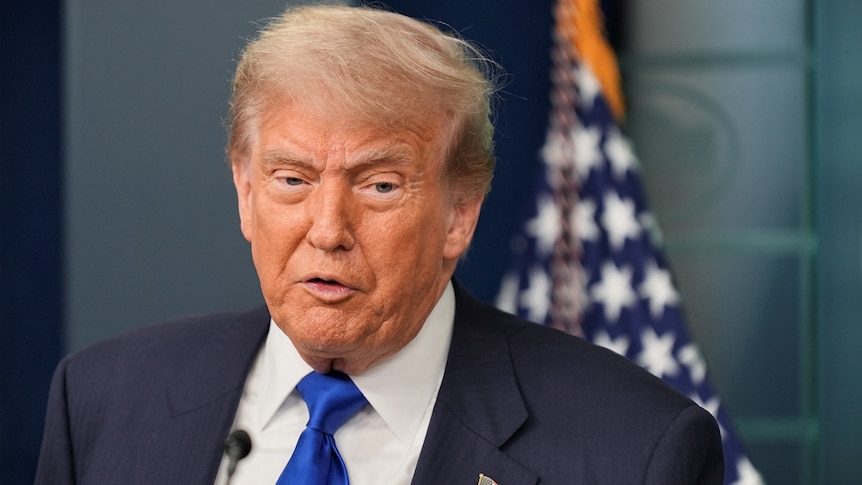
US President Donald Trump has announced a significant escalation in trade policy by imposing tariffs of 30 percent on goods from the European Union and Mexico, effective from August 1, 2023. This decision, shared via letters on his social media account, marks a bold move against two of America’s largest trade partners.
In his correspondence with Mexico’s President, Trump acknowledged that the country has made efforts to control the flow of undocumented migrants and fentanyl into the United States. Nonetheless, he criticized Mexico for not doing enough to prevent North America from becoming what he termed a “Narco-Trafficking Playground.” This rhetoric underscores the administration’s focus on border security and its impact on trade relations.
In a separate letter to the European Union, Trump emphasized the importance of addressing the US trade deficit, which he described as a national security concern. He stated, “We have had years to discuss our Trading Relationship with The European Union, and we have concluded we must move away from these long-term, large, and persistent Trade Deficits, engendered by your Tariff, and Non-Tariff, Policies, and Trade Barriers.” Trump characterized the current trade relationship as “far from Reciprocal,” indicating a desire for more balanced trading conditions.
The announcement is part of a broader strategy as Trump gears up for the 2024 presidential campaign. He aims to present these tariffs as foundational to rejuvenating the US economy and addressing what he claims has been a longstanding pattern of exploitation by foreign nations.
Trump’s decision to impose reciprocal tariffs challenges decades of established trade norms. For years, the United States, alongside many other countries, adhered to tariff rates set through complex negotiations, particularly during the Uruguay Round. Traditionally, nations were expected to maintain equal tariff rates under the “most favoured nation” principle, preventing discrimination against specific countries.
With this latest announcement, Trump has now established tariff conditions on a total of 24 countries, including the entire 27-member European Union. The implications of these tariffs could be far-reaching, potentially igniting trade disputes and altering the landscape of international commerce.
As the situation develops, the impact on consumers and businesses in the United States and abroad remains to be seen. The administration’s approach to trade is likely to provoke discussions on global economic policies, relationships between nations, and the future of international trade agreements.






